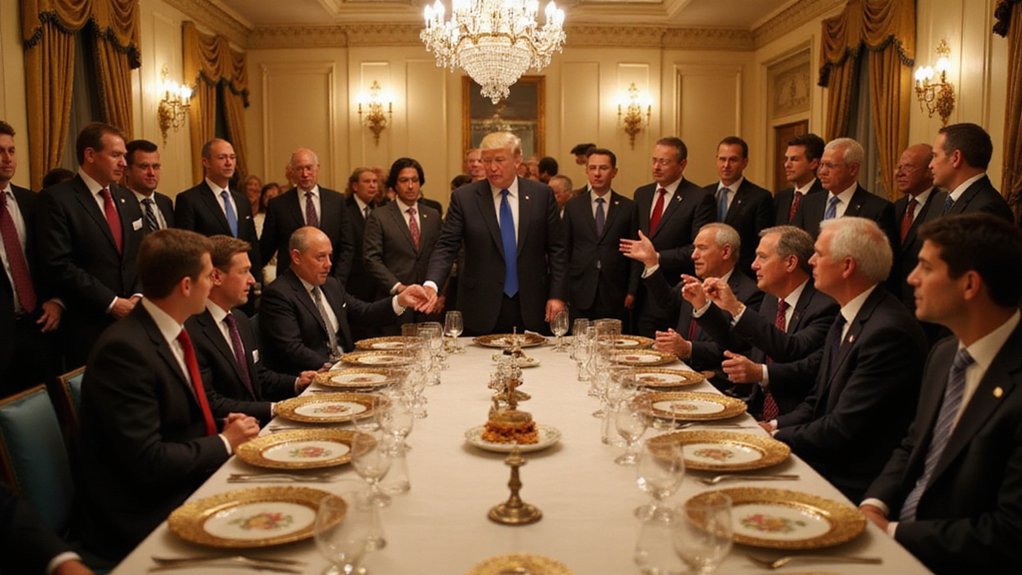The Senate delivered what crypto enthusiasts have long awaited—a decisive 68-30 vote approving the GENIUS Act, marking the first federal regulatory framework for stablecoins and potentially ending years of regulatory limbo that has plagued digital asset firms.
The bipartisan coalition that emerged proved unexpectedly robust, with eighteen Democrats joining most Republicans in supporting legislation that just months ago seemed destined for partisan gridlock. Only two Republicans defected, suggesting the crypto industry’s lobbying efforts have penetrated deeper into traditional conservative circles than many anticipated.
Sen. Tim Scott championed the bill through his Banking Committee chairmanship, while Sen. Kirsten Gillibrand emerged as an unlikely Democratic ally in an increasingly fractured party landscape. Their efforts faced fierce resistance from Sen. Elizabeth Warren, whose anti-crypto stance has become something of a progressive litmus test—though apparently not decisive enough to prevent meaningful defections from her own caucus.
The legislative journey resembled a financial thriller more than typical congressional procedure.
Negotiations collapsed spectacularly when pro-crypto Democrats objected to provisions they deemed insufficiently protective of innovation, creating the peculiar spectacle of lawmakers arguing over technical regulatory frameworks most Americans barely understand.
The eventual compromise required delicate maneuvering around concerns about President Trump‘s extensive cryptocurrency interests—a subplot that added layers of complexity to already Byzantine negotiations. The legislation notably includes provisions addressing foreign issuers and their potential impact on domestic markets.
Trump’s enthusiasm for signing the legislation before August recess introduces fascinating dynamics. His crypto portfolio creates obvious conflicts of interest that the bill conspicuously fails to address, yet his support may prove vital for House passage where Republican unity often depends on presidential blessing.
The GENIUS Act establishes consumer protections while promising economic opportunities, though skeptics question whether any regulatory framework can adequately address stablecoin risks without stifling innovation. Financial stability concerns remain paramount, particularly regarding how these digital assets might affect traditional bank funding models. The bill requires stablecoins to be backed by U.S. Treasuries and issued by regulated entities subject to regular audits. Companies like Paxos, operating as a regulated trust company chartered in New York, demonstrate how transparent, audited solutions can provide institutional-grade stablecoin infrastructure.
The House now faces the unenviable task of maneuvering similar political minefields while Trump publicly campaigns for swift passage. Whether this represents genuine bipartisan cooperation on financial innovation or merely political theater surrounding an emerging industry remains an open question—one that could define cryptocurrency’s American future.









